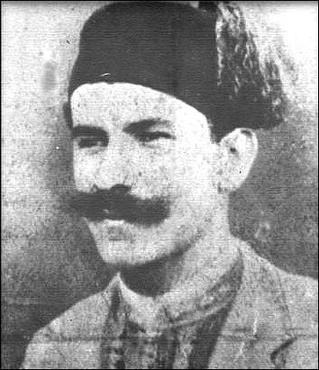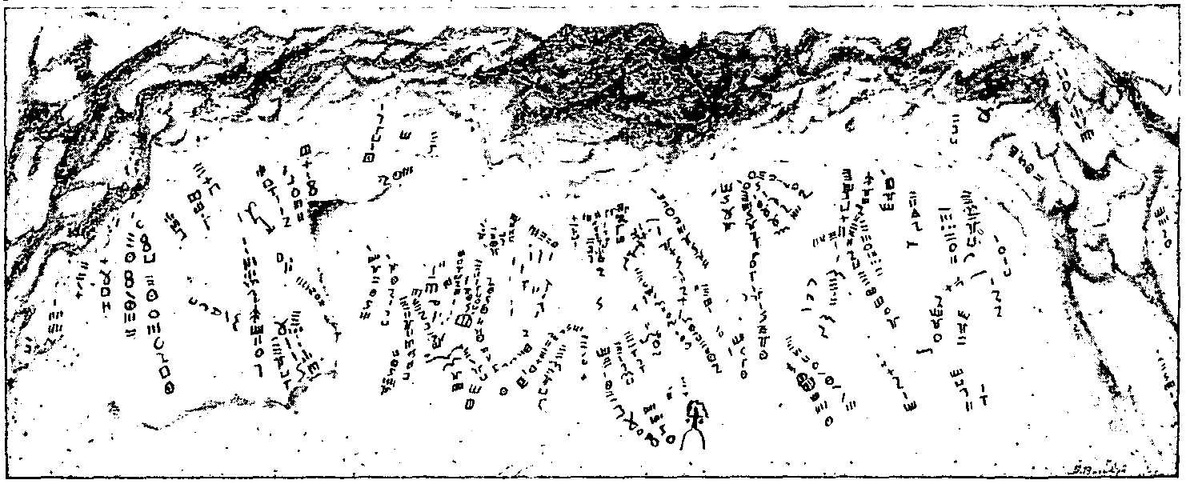
SI AMAR U SAÏD BOULIFA
If Amar U Saïd Boulifa was born around 1863 in Irdjen, Kabylia, Algeria. He came from a maraboutic family, the At Belqasem u Aεmer. At a very young age, he became an orphan but had the chance to be related through his mother to the powerful caïdal family of Tamazirt, the Ameur. After obtaining his certificate of proficiency in manual work at the Tamazirt school, he began a career as an assistant monitor at the same school. He later joined the Bouzareah Normal School, indigenous section, where he earned his diploma as an assistant teacher in 1896.
In Marrakech and Demnate, Boulifa improvised as a 'Berberist,' collecting ancient Moroccan texts written in Berber. This was a significant linguistic contribution. He gathered unpublished information about the customs and traditions of the Berber villages he traversed, which, he claimed, were 'identical to those practiced in Kabylia.' Through this collaboration between Boulifa and his informant from the Atlas, invaluable texts on the daily life of the Berbers in this region were born. After a long life filled with discoveries and adventures, Boulifa retired in 1929 and passed away on June 8, 1931, at the Mustapha Hospital in Algiers at the age of around 68, succumbing to an illness. He was buried in the Bab-el-Oued cemetery in Algiers and left no descendants.
Boulifa's work remains substantial and unparalleled; he bequeathed us a considerable legacy. He is the forefather of all the issues that Berber researchers work on today.
The memory of Amar Boulifa deserves to be preserved and recounted. He studied and discovered numerous Libyan stelae. That's why we wish to dedicate this work to Si Amar U Saïd Boulifa.

Print of the inscriptions from Ifigha, discovered by Amar Boulifa in 1909, extracted from the Archaeological Review July-December 1909, Paris, E. Leroux, pp. 387-415.
